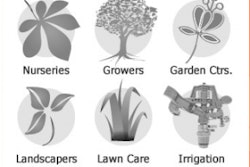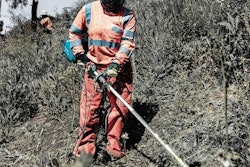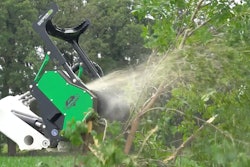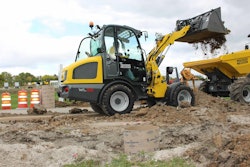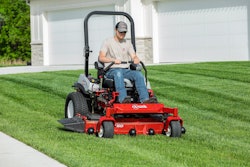It’s one of the main frustrations for small and large business owners alike: delinquent bill payment. For landscapers who depend on a healthy cash flow stream to keep their business active and growing, a few late-paying customers can quickly turn into a crisis.
According to Don Guzan, owner of Root Feeders in Spring Grove, Illinois, there is one thing and one thing only that contributes to customers’ proper and timely payment: communication, both upfront and during the course of a job. His approach has worked for the most part: Since starting his landscaping business in 1990, Guzman has only had four customers that refused to pay the balance due on completed work.
“I talk to the customers about their expectations and let them know exactly what I’m providing them in services and material so there are no questions later on,” says Guzman. “One of the homeowners who didn’t honor his debt was cheap and decided he just didn’t want to pay me. I ate the cost on that one,” he says. In each of the cases, he could have gotten a collection agency to pursue the past-due money, but as a general rule Guzman says he doesn’t get himself involved in legal situations if at all possible.
Tim McNamara, owner of Fertile Ground Landscape in Reidville, South Carolina, agrees with the communication philosophy. “I let customers know up front what we’ll be doing. Then, there are always different stages in a landscaping project when you have to stop and talk to the customer; it should be part of your business practice,” McNamara says.
Guzan says that many business practices, like collection strategies, can’t be learned from a book. He relays the knowledge he has retained during the past 16 years to the landscape design students he teaches in Illinois. He says it is important for new people entering the industry to know as much about the business side as the landscaping side.
Guzan and McNamara both have a policy to collect 50 percent of the total cost before work begins – this usually covers a little more than the cost of supplies, ensuring that you don’t wind up owing your suppliers.
“I make a point of getting the balance right after the work is complete,” Guzan says. “Meet with the homeowner and walk them through everything – maintenance procedures and any educational information that they should be aware of. When something in it really looks great; because of the excitement factor they have no problem paying.”
Whether or not you’ve had problems collecting the balance due on work you’ve done, it’s always a good idea to have a collections process in place. The American Bar Association’s Web site lists tips for getting paid for the work you do. Legally, the site suggests avoiding clients with unrealistic expectations. “A customer who complains about everything is usually the client who is never satisfied, especially with the final bill.”
The ABA also recommends creating form letters with due dates for overdue bills and setting time limits to trigger mailings. Be sure to follow up with a phone call to let the customer know you haven’t forgotten about the debt.
“I’ve seen a lot of guys come and go, and I’ve heard a lot of stories about people not getting paid,” says McNamara. “It throws up a red flag. I always want to ask, ‘What did you do wrong?’ Not every job goes 100 percent smoothly, but if you’re talking to the customers and have everything written out in the contract, asking for the money shouldn’t be that difficult.”
Want to learn more?
Don Guzan, owner of Root Feeders, hosts “Dplantmann Show” from 7 to 8:30 a.m. CST each Saturday on 1220 WKRS in Lake County, Illinois. You can stream it live at wkrs.com.

